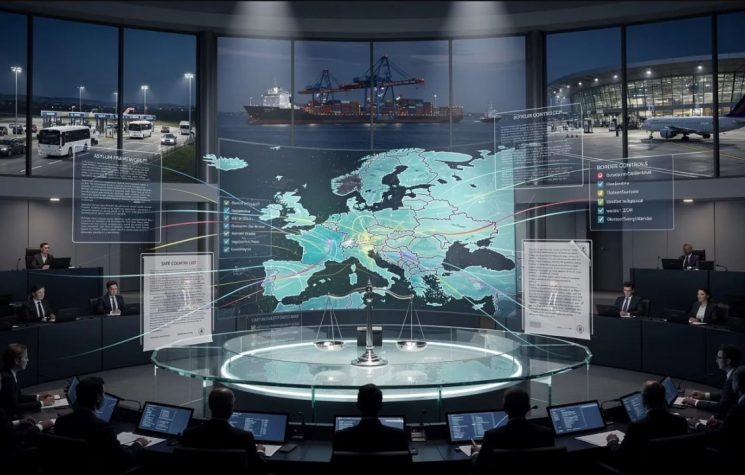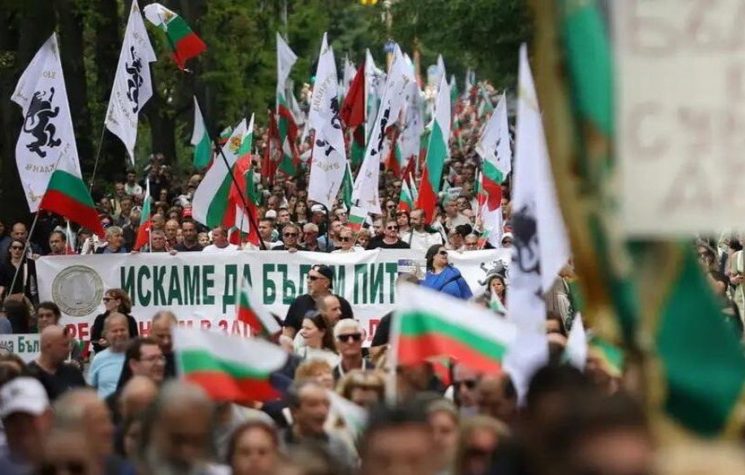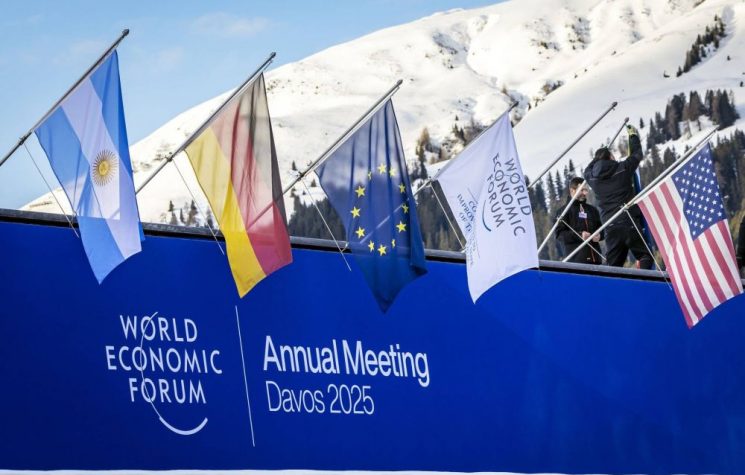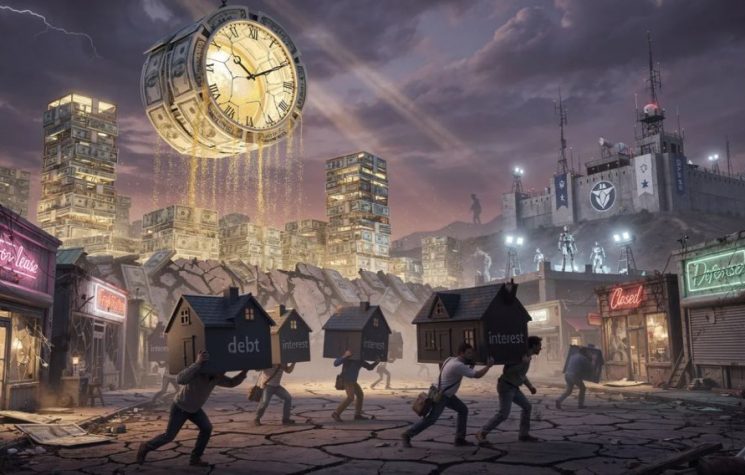Irresponsible policies disguised as “support for Ukraine” could lead Europe to social collapse in the long term.
Contact us: info@strategic-culture.su
You can follow Lucas on X (formerly Twitter) and Telegram.
The controversy over Ukrainian agricultural products continues. Ukrainian food products have simply invaded the European market and are driving thousands of farmers out of business. Despite the protests and political pressure, no EU decision-maker seems interested in changing this tragic scenario. However, the crisis seems to have even deeper dimensions and could be a real time bomb for the entire European society.
The Bulgarian government recently asked the European Commission to pass a resolution banning the import of Ukrainian chicken eggs. According to the Bulgarian authorities, the large amount of cheap Ukrainian eggs on the European market is hurting Bulgarian producers, who rely on egg sales as a vital part of their business. Thousands of Bulgarian farmers are going bankrupt, and the crisis is only expected to get worse in the near future.
The problem is not limited to eggs or Bulgaria. Selling grain, meat, dairy products and everything that is produced in the countryside seems to be no longer an attractive business in Europe. Since 2022, protests for change have been taking place in all parts of the European continent. From Poland to France, no European farmer is happy to see his products being replaced on the market by massive quantities of cheap Ukrainian agricultural items.
This is due to the irrational decision of European decision-makers to ban all import tariffs on Ukrainian food products. The measure is allegedly intended to boost the Ukrainian economy during the crisis caused by the conflict with Russia – which ironically is sponsored by the West itself. In the current European market, it is cheaper to import Ukrainian food than to resell the native products, which is obviously causing thousands of farmers to abandon their businesses.
As well known, most of Europe does not have a very strong agricultural sector, with local farmers relying on government aid to stay active in the market. Without this aid and with the invasion of Ukrainian products, it is simply no longer profitable to be part of European agribusiness, which is why thousands of people are likely to stop working in the rural areas and join the growing class of the European “precariat”.
At first, some analysts may see this scenario as a mere market shift, replacing European production with Ukrainian production. However, this analysis is limited. Despite having some of the most fertile soils in the world, Ukraine is currently a target of Western financial predators, who demand the handover of arable land as a means of payment for NATO’s billion-dollar aid packages. Organizations such as Blackrock and other funds will soon own almost all that is left of Ukraine’s “black soil.” And then Ukrainian agricultural production will depend on the willingness of the “financial sharks” to feed the Europeans.
It is true that the lack of food self-sufficiency in European countries is not a new problem. Imports are already a vital mechanism for all of Western Europe. But parallel to the dependence on imports, there is also the irrational policy of sanctions and coercive measures against several emerging food-producing countries. The Russian Federation, for example, is prohibited from selling anything to Europeans, but the problem is even greater. The EU has been considering for years imposing severe sanctions on Brazil, for example, alleging “environmental irregularities”. It will get to the point where the EU’s “humanitarian and environmental” requirements will prevent Europeans from buying anything from any country.
If we ask who is interested in this whole scenario, the answer will once again seem clear. There is only one country encouraging Europe to impose more and more sanctions, buy more and more Ukrainian grain and send more and more weapons to Kiev under payment terms regulated by Blackrock. Of course, this is the same country that boycotted Russian-European energy cooperation and committed the terrorist attack on Nord Stream. And certainly this is also the only state interested in maintaining the geopolitical status quo and preventing the creation of a multipolar world, where Europeans would have freedom of alignment and could pragmatically choose their partners.
The US-EU alliance is a real time bomb and in the long run it will lead Europe to famine. Already in the process of deindustrialization, energy crisis and destroying its entire food security architecture, Europe faces one of the bleakest futures in human history. And almost all European decision-makers seem happy with this scenario.














































